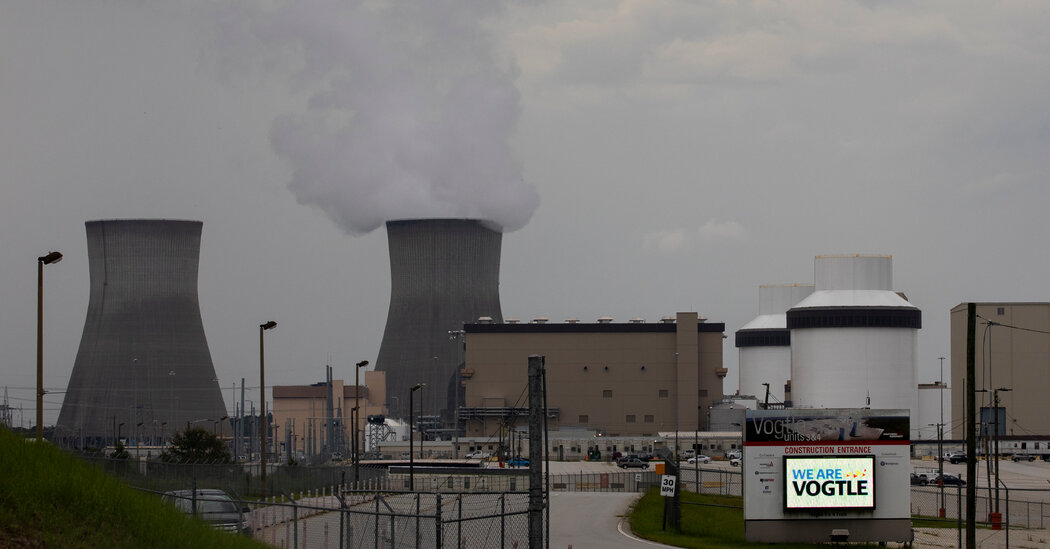- cross-posted to:
- [email protected]
- [email protected]
- cross-posted to:
- [email protected]
- [email protected]
Measures moving through Congress to encourage new reactors are receiving broad bipartisan support, as lawmakers embrace a once-contentious technology.
The House this week overwhelmingly passed legislation meant to speed up the development of a new generation of nuclear power plants, the latest sign that a once-contentious source of energy is now attracting broad political support in Washington.
The 365-to-36 vote on Wednesday reflected the bipartisan nature of the bill, known as the Atomic Energy Advancement Act. It received backing from Democrats who support nuclear power because it does not emit greenhouse gases and can generate electricity 24 hours a day to supplement solar and wind power. It also received support from Republicans who have downplayed the risks of climate change but who say that nuclear power could bolster the nation’s economy and energy security.
“It’s been fascinating to see how bipartisan advanced nuclear power has become,” said Joshua Freed, who leads the climate and energy program at Third Way, a center-left think tank. “This is not an issue where there’s some big partisan or ideological divide.”



All I can think about with that title is that’s not what inertia means…
Why not?
Objects at rest will stay at rest.
No credit for partial answers. The second half of that law is - objects in motion will stay in motion unless acted upon by an outside force.
Inertia exists in both motion and stillness. It is a state of matter that doesn’t change. It just is. Saying “decades of inertia” means nothing.
Different definition. This is one that says something like “of or relating to the characteristic of being inert.”
I’m disappointed in all of you.
Why me?
It’s the same definition. Things that are not moving tend to continue to not move unless acted on by an outside force.
It’s the second one.